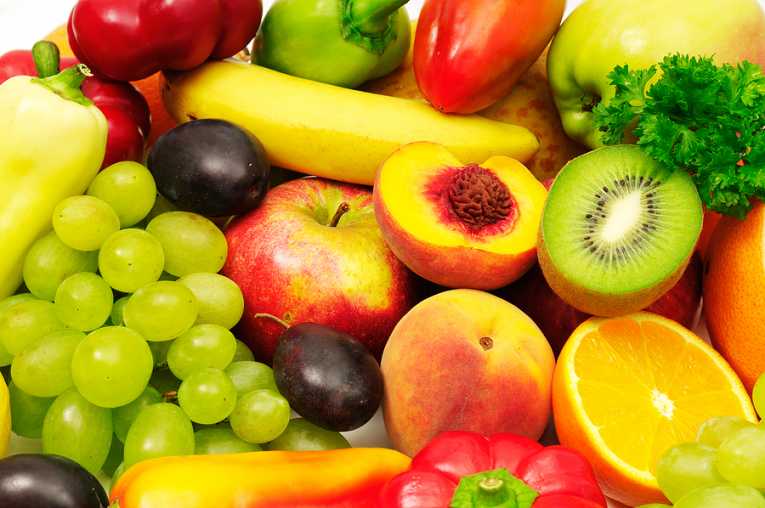"Eat your greens," has been the fervent, and often disobeyed, order from parents down the generations. Now, a study from nutrition experts suggests mum and dad would be better off saving their breath and eating by example with a plateful of their own healthy foods.
Tanja V.E. Kral, PhD, of the University of Pennsylvania School of Nursing has found that actions speak louder than words when it comes to encouraging a healthy diet.
"Parents serve as important role models for their children when it comes to healthy eating," Dr. Kral said. "Watching a parent eat initially disliked or novel foods, such as vegetables, can enhance a child's preference for those foods."As well as taking up their own knives and forks in the battle of the dinner table, parents can also help by simply making vegetables more accessible in the home says Dr Kral, a childhood obesity specialist.
"It is important to know that children's innate taste preferences can be modified through repeated experiences with food," says Dr. Kral. "Studies have shown that multiple exposures to the taste of initially disliked or novel foods can significantly increase children's liking and acceptance of those foods, including vegetables."
While tastes can be modified, parents are still fighting a natural inclination towards the sweet and away from bitter or sour foods. So, while last year Dr Kral showed in research how simple measures - serving up more of a healthy fruit, for example - can improve a child's diet, increasing vegetable intake is harder in the very young.
Fruit and vegetables are great for growing children in many ways and parents can also help promote them to their offspring by reducing the bad choices on offer at mealtimes.
"Making a variety of healthful foods available in the home and during meals is a good strategy to promote good nutrition in children," Dr. Kral said. "But whether or not children decide to eat the healthful foods will likely also depend on what other competing foods are being made available."
Top Image Credit: © Serg64










